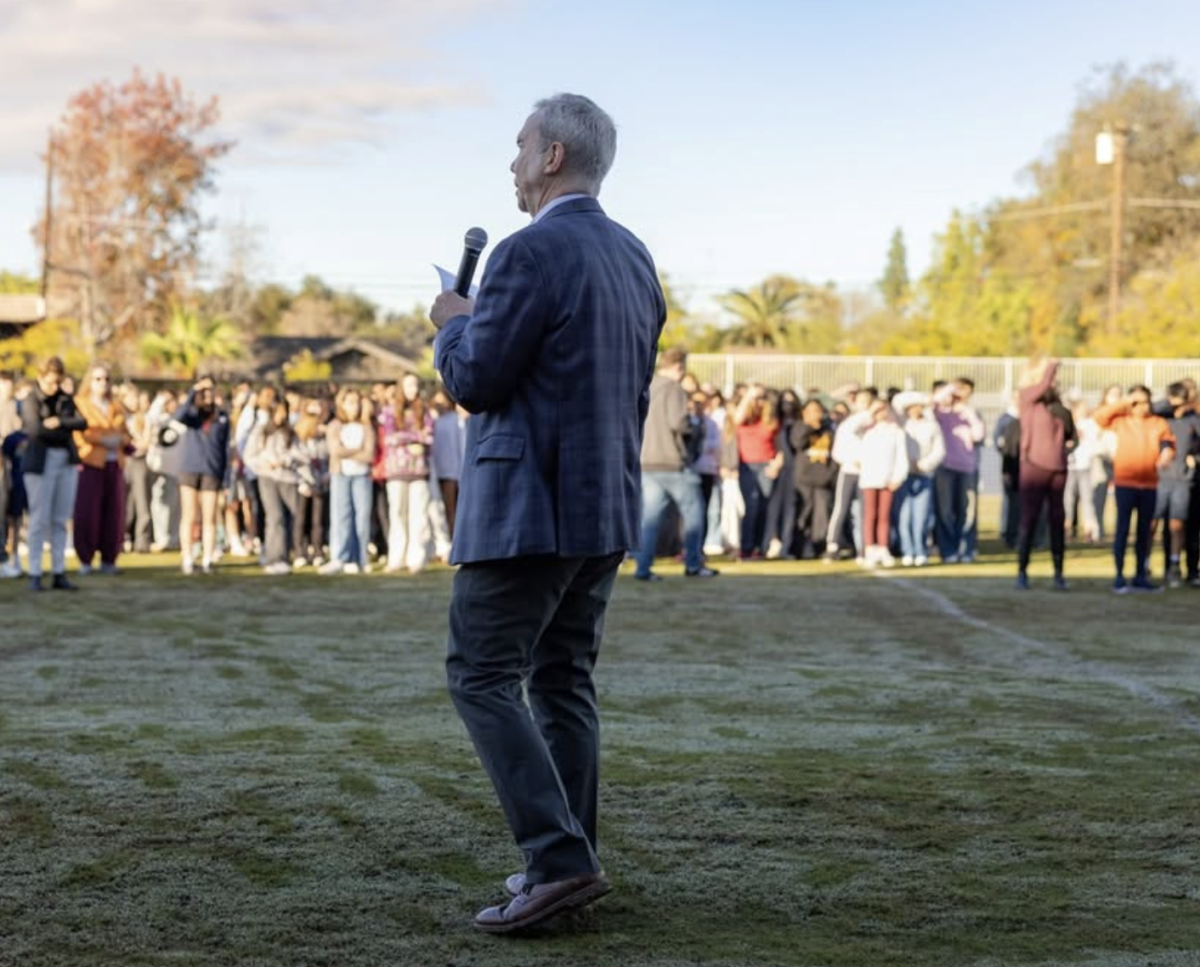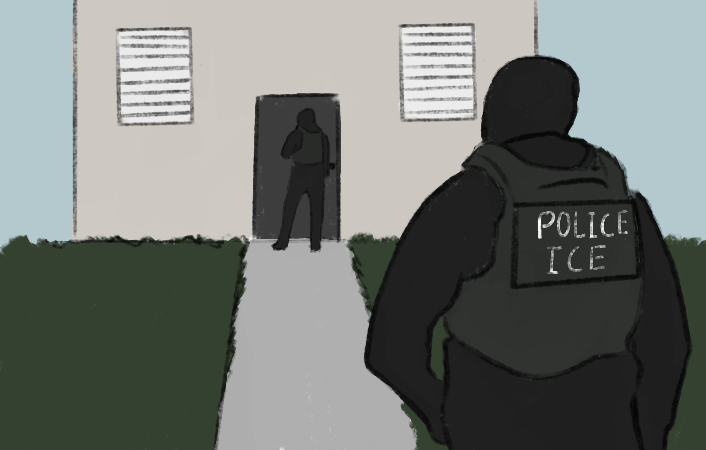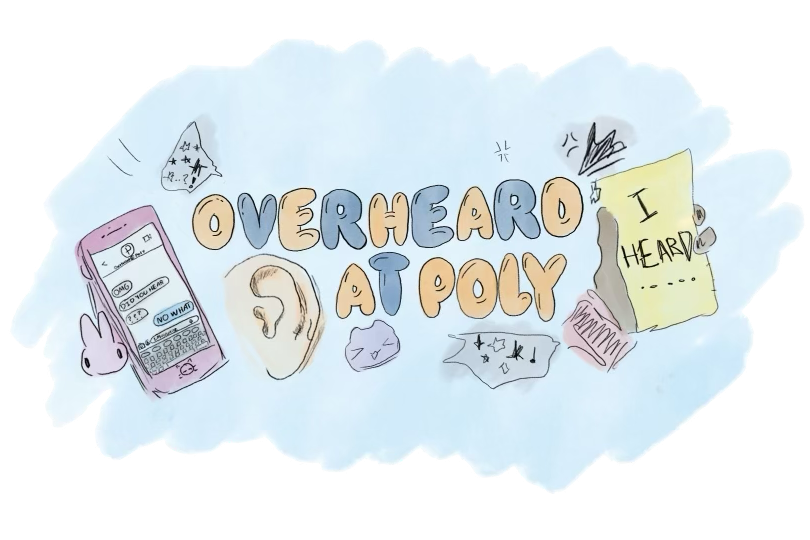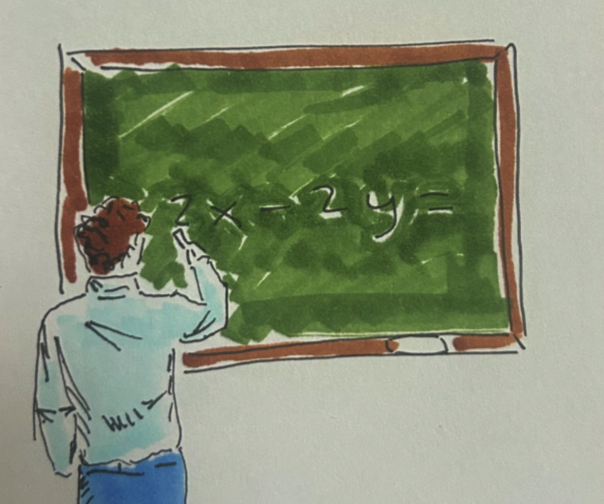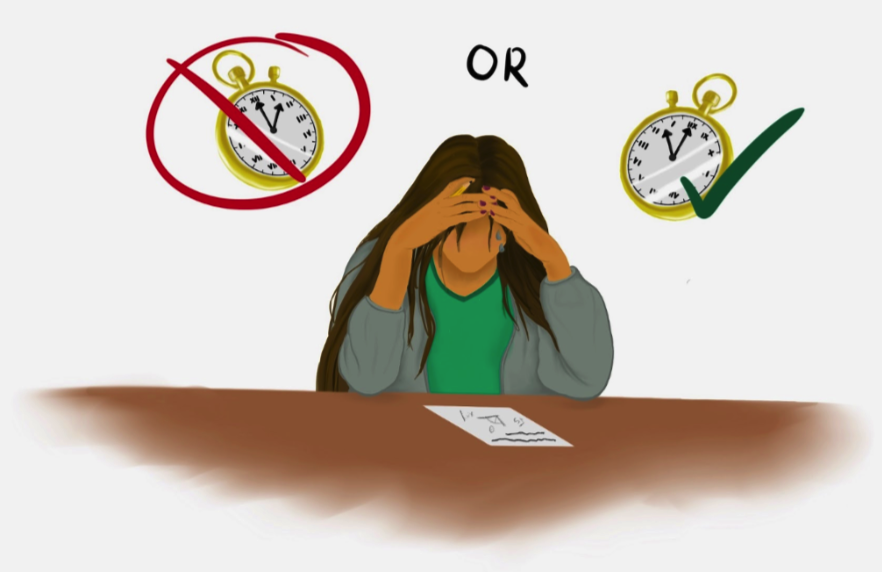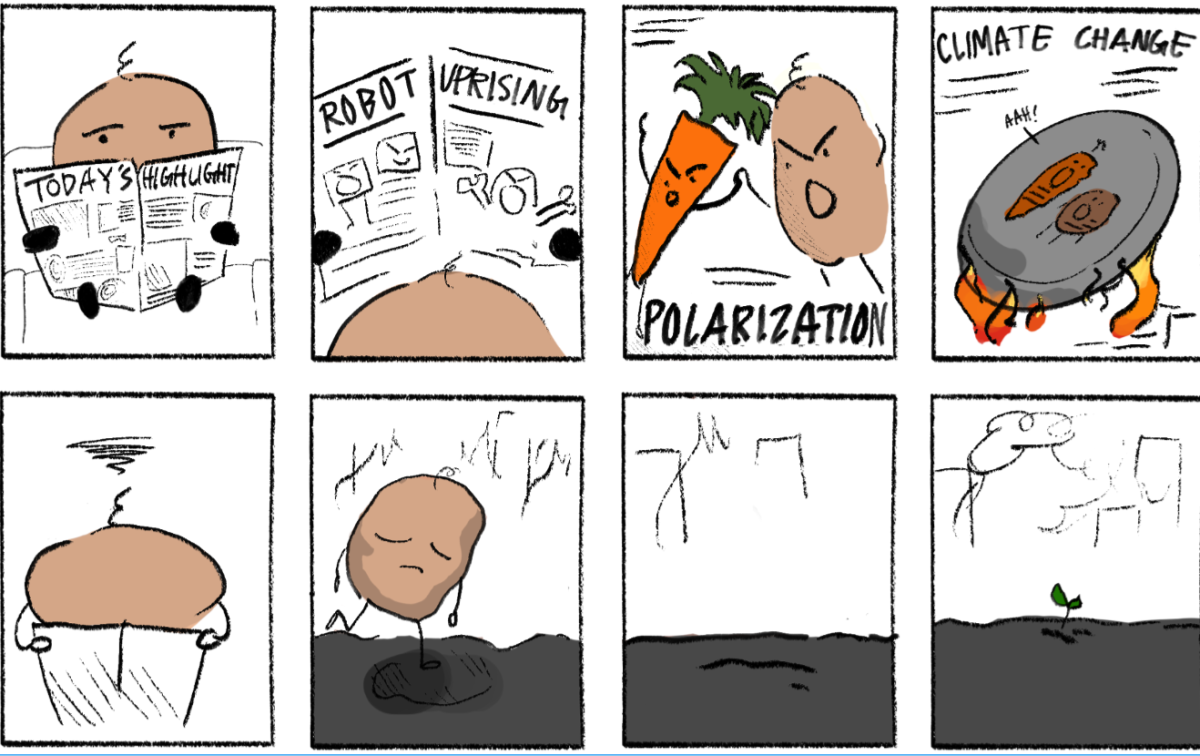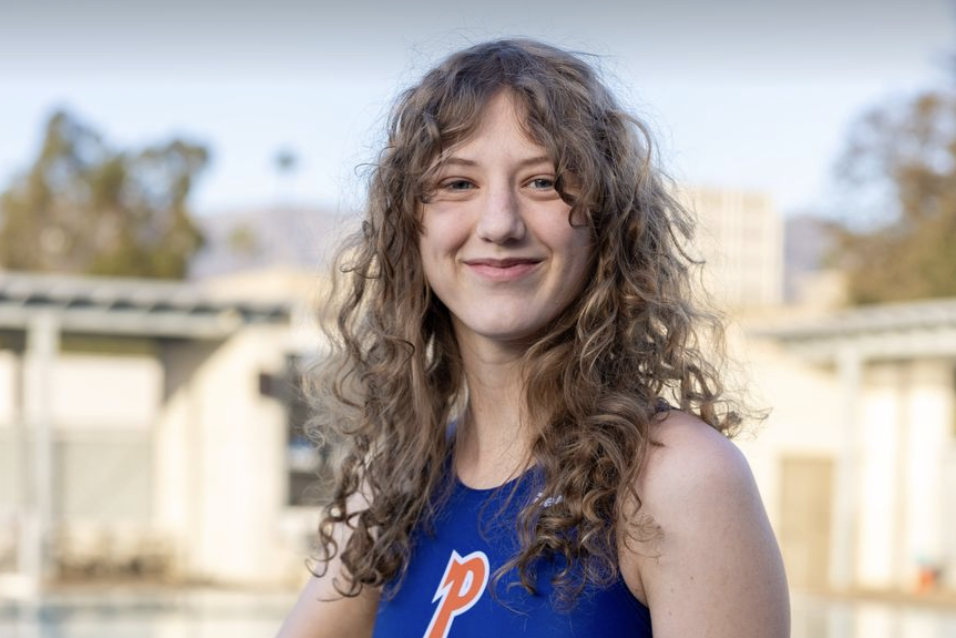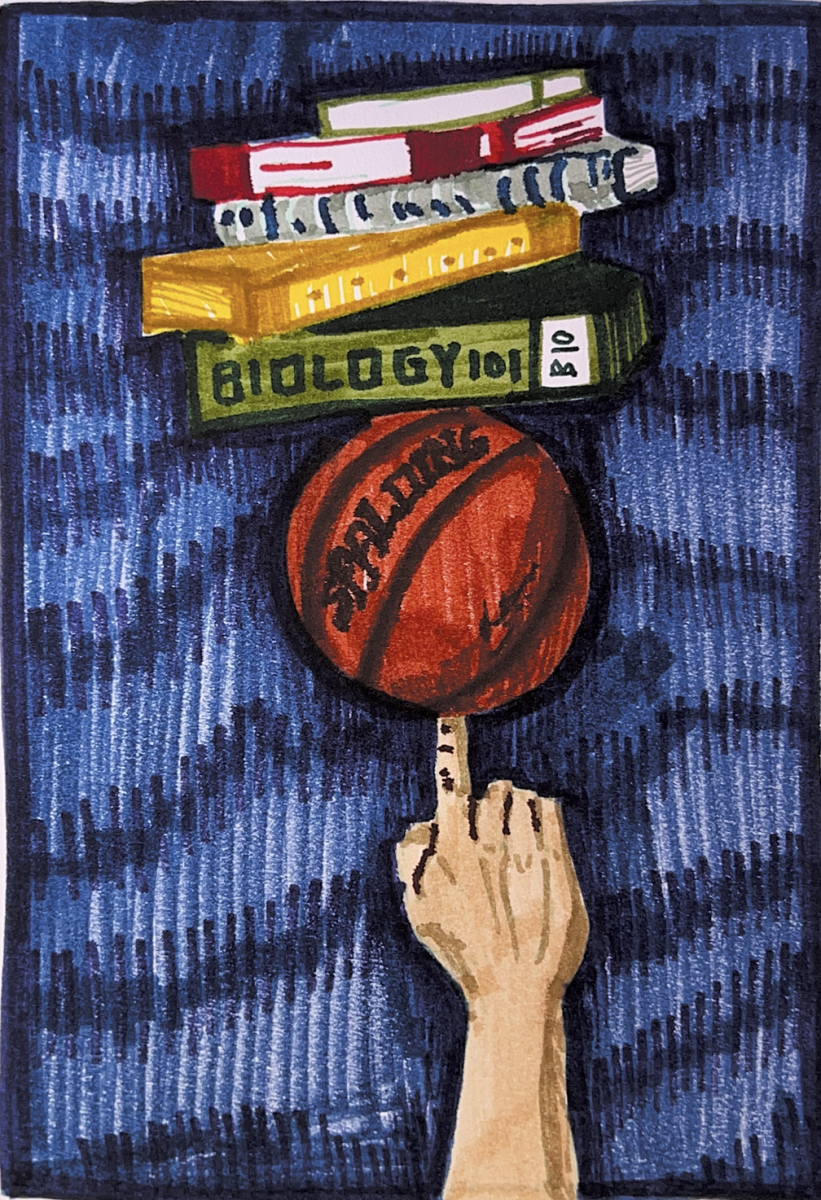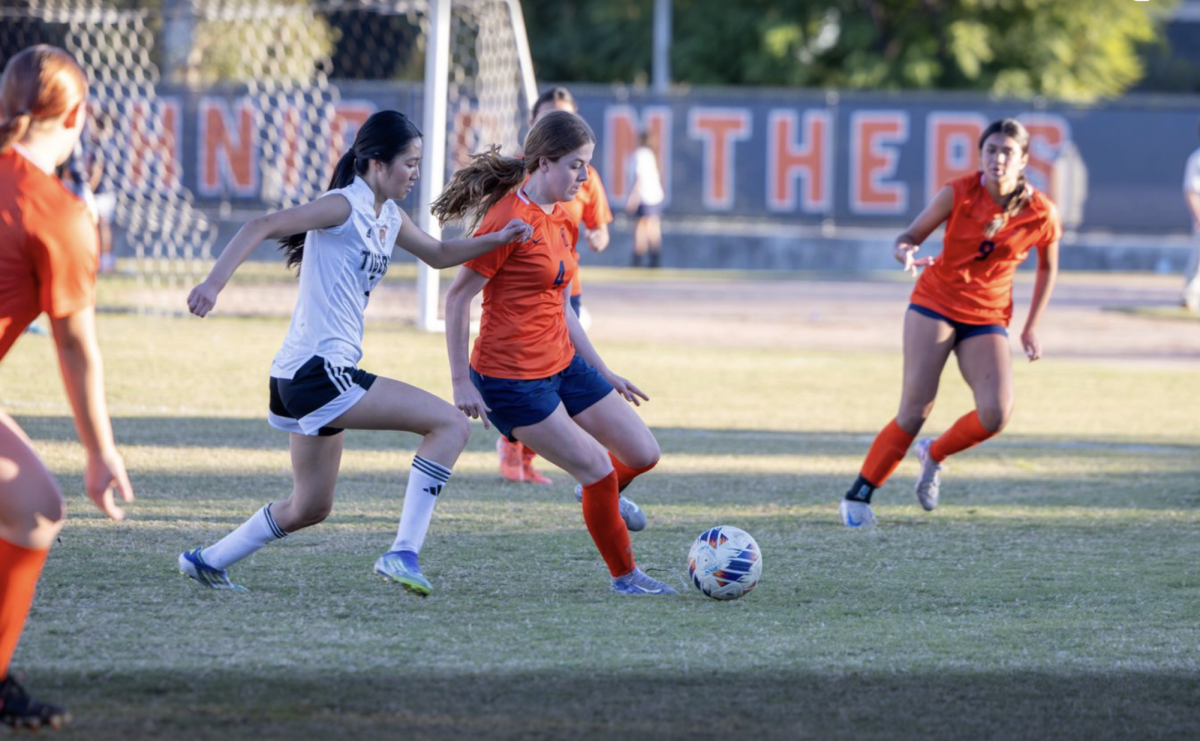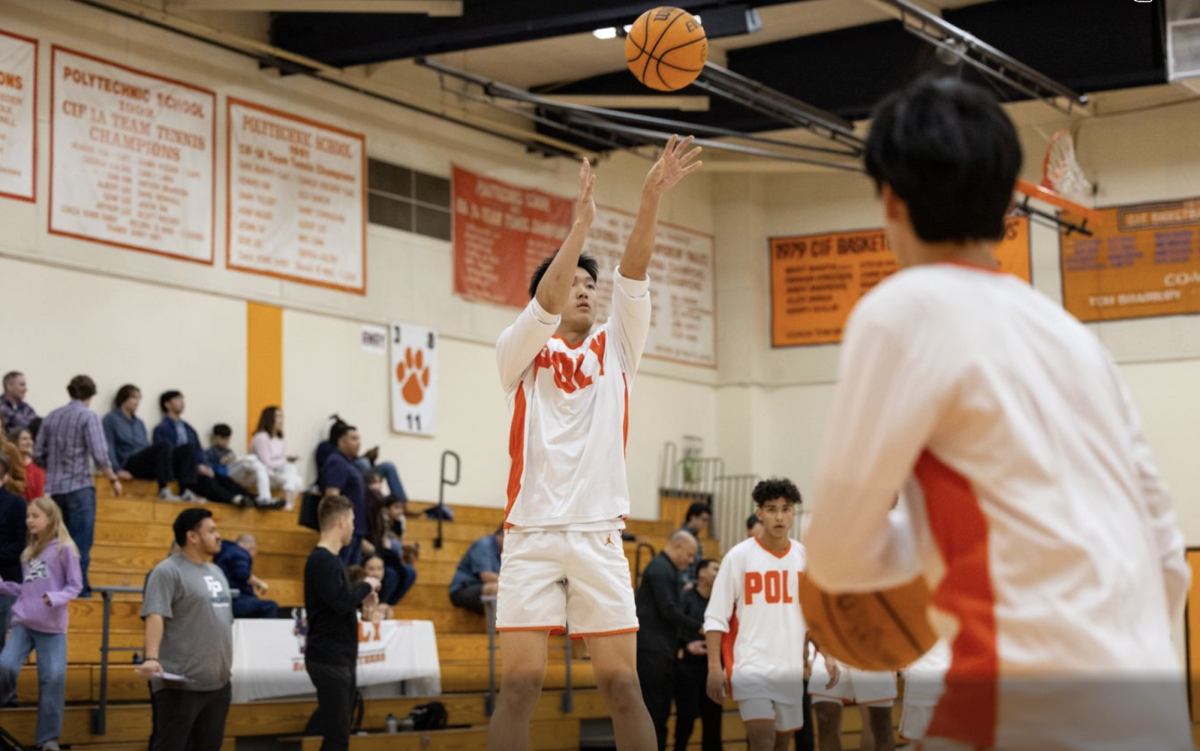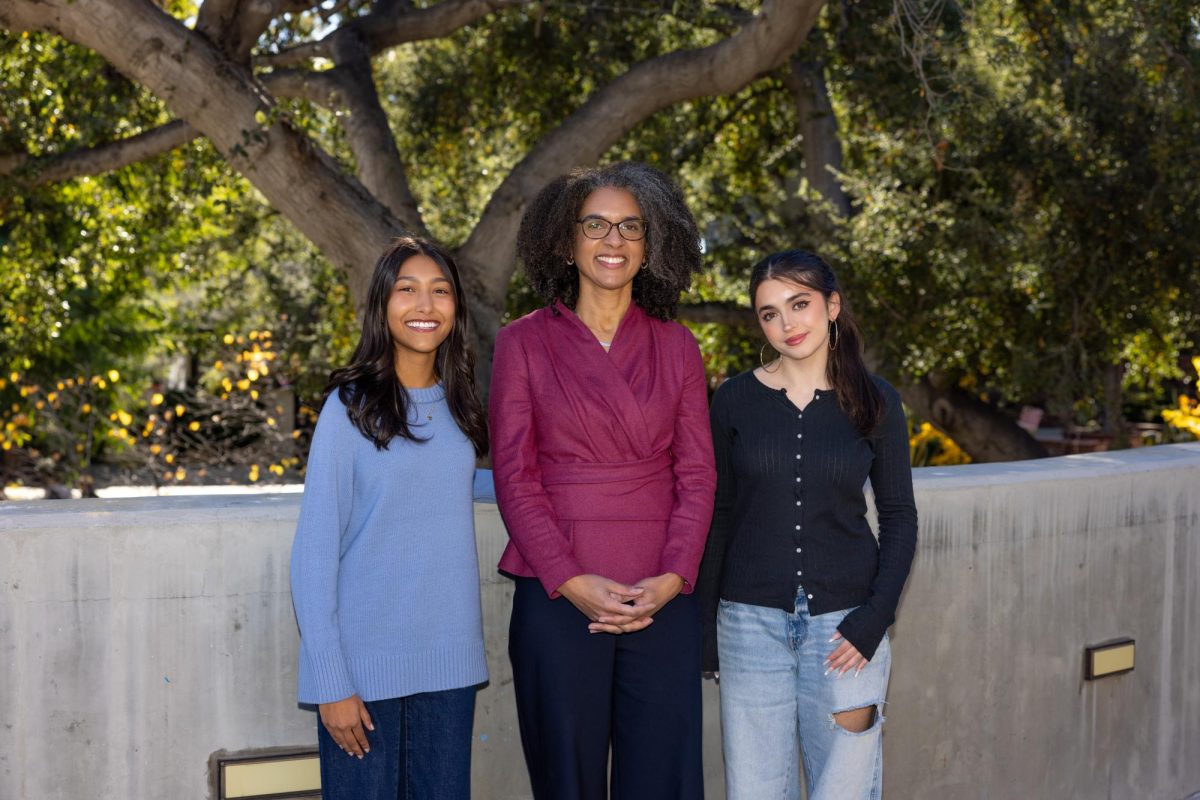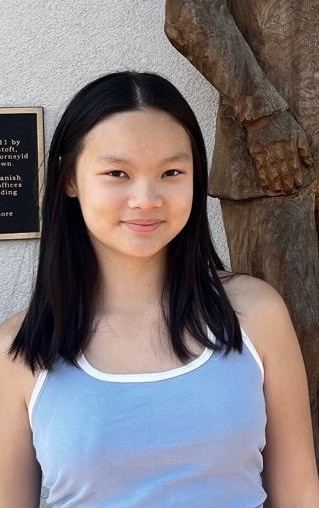On Tuesday, Apr. 8, PolyGlobal hosted a Q&A discussion with Steve Swerdlow, Associate Professor of the Practice of Human Rights at USC, on humanitarian crises and conflicts in former Soviet successor states, notably Ukraine, Georgia, Armenia, Azerbaijan and Uzbekistan.
“What I wanted the audience to understand is why this region is especially vulnerable to democratic backsliding, and why defending democracy in former Soviet republics matters,” said senior and Global Scholar Greg Panossian, who mediated the discussion as part of his capstone project. “While Ukraine has captured much of the world’s attention, other countries, even those without clear economic incentives for U.S. involvement, remain critical chokepoints where European nations and international organizations must demonstrate their commitment to upholding democratic values. Failing to get it right in Ukraine would give Russia the audacity to act elsewhere.”
Panossian’s interest in Armenia expanded to other countries after a 2023 PolyGlobal event on ethnic cleansing in Artsakh. That event connected him to Swerdlow, with whom he later collaborated to research Azerbaijani government-linked hate speech violations following the 2020 Nagorno-Karabakh War and blockade.
During the event, Swerdlow addressed Russia’s soft-power tactics in the region and emphasized the role of language in understanding conflict.
Senior and Global Scholar Aaron Martinez noted, “Language has a unique tie to the culture of regions, and only if we understand the culture can we understand the conflicts.”
During the event, Swerdlow also shared his own experiences of studying and teaching overseas. For the first time, in May, Swerdlow will lead a “Maymester” Program in Georgia and Armenia for USC students to study human rights hands-on in these countries. “
I realized that someone from USC can actually make a difference, contribute research and hold an entire country accountable,” shared junior and aspiring Global Scholar Sophie Ankeles.
Senior and Global Scholar Megan Wang added, “This event opened my eyes to struggles that rarely get attention in the U.S. It made me realize how important it is to listen to stories that we don’t usually hear.”
Reflecting on the experience, Panossian said, “Organizing a PolyGlobal event allows you to grow intellectually in a way that I hadn’t experienced before. You have to walk a fine line between challenging people’s preconceived notions just enough for them to want to learn more about the subject without making it feel too convoluted.”

